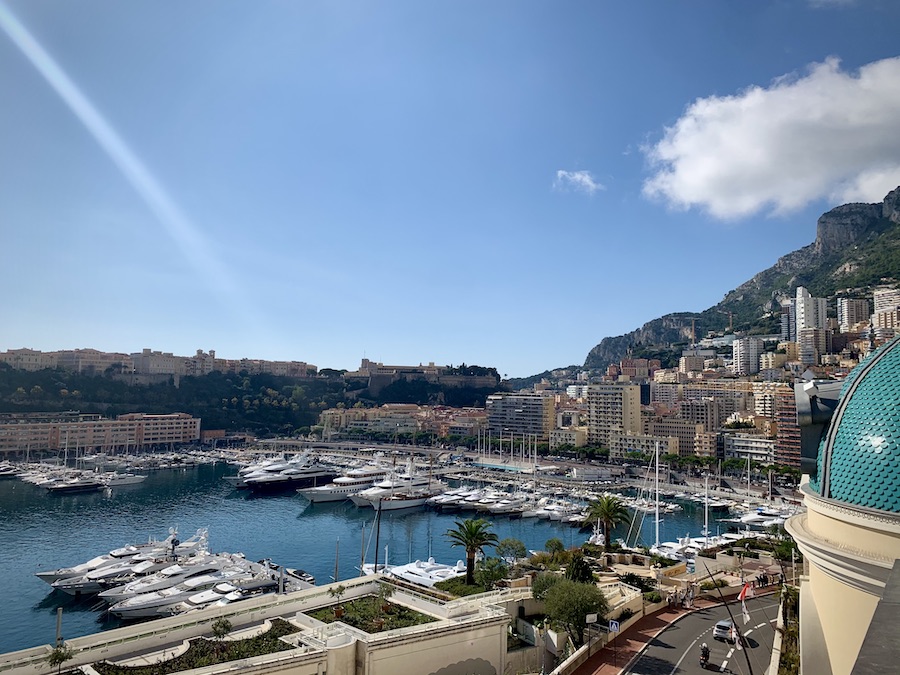Monaco’s 2021 GDP bounced back after the economic slowdown caused by the Covid pandemic, says a new report by the Principality’s statistics agency, IMSEE.
Economically-speaking, the Covid crisis is over for Monaco, says a new report put out by IMSEE.
The report showed that gross domestic product (GDP) for the year 2021 not only exceeded the lockdown year of 2020, but also flew past pre-Covid figures from 2019.
Last year, Monaco’s GDP reached 7.27 billion euros. Looking back, the figures stood at 5.90 billion euros in 2020 and 6.60 billion euros in 2019. The 13% drop in 2020 was blamed on the pandemic, thus making the huge rise by 21.6% in 2021 all the more dramatic. Whilst these figures are encouraging, what is even more positive is the increase over 2019 by 5.8%, adjusted for inflation.
In real terms, this means that Monaco’s economy has resumed its growth trend with an annual average of rise 4.4% recorded over the decade.
The major economic sectors in the Principality – scientific and technical activities, administrative and support services, financial and insurance activities, and wholesale trade – together represent 47.3%, almost half, of the wealth produced.
Record growth per capita and per employee
It should also be noted that per capita GDP rose to a record level of 81,710 euros; an increase of 17.5% in volume compared to 2020, and by 3.9% compared to 2019. Additionally, GDP per employee, an indicator of economic productivity, also shows a never-before-reached figure of 125,121 euros, up 17% in volume compared to 2020 and 5.4% compared to 2019.
Some new trends were also revealed, including that the gross operating surplus, meaning the productive income of companies, has become the leading contributor to Monaco’s GDP at 44.1%, excluding subsidies. It has narrowly beat out payroll for the first time since 2007.
The amount of taxes paid on products increased in 2021, due in particular to the growth in VAT, contributing 13.8% to total wealth created, excluding subsidies.
Finally, subsidies paid by the government to support the economy during the health crisis in 2020 doubled. These nearly halved in 2021 by 44.6% but still remain higher than in 2019.
Photo by Monaco Life
